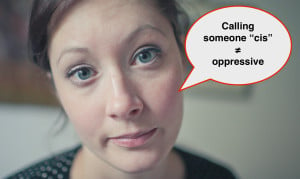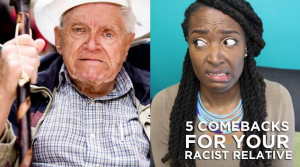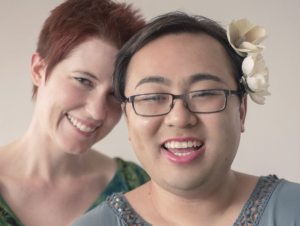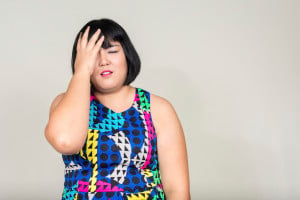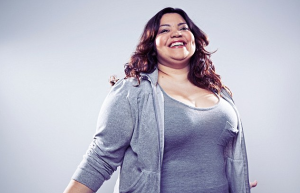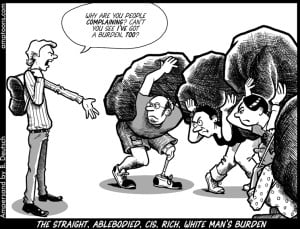Person #1: That’s kind of what’s so hard about being bulimic, is that no one sees it.
(Caption: We asked people who have struggled with an eating disorder to do word association on camera. These are their responses to the phrase “you don’t look like you have an eating disorder.”)
Person #2: It brings me back to the days when I came out to certain people and told them what I was doing. To the ones who are not sympathetic, I just kind of felt like I came out to the wrong person.
Person #3: That phrase is really dangerous. If you don’t look like you have an eating disorder, it means that you don’t have to seek treatment, and it could also make that person want to use behaviors more so they can get to that weight where they’ll look like they have an eating disorder.
Person #4: Ignorance. There’s a pretty gendered nature to it. It feels even more shameful, but yeah, I just feel, like, weak and embarrassed and shameful. Like, this is something you should figure out on your own. Like, you don’t even bring this up.
Person #5: Thank you. I like when people tell me I’m healthy now. I used to hate it but now it’s just a sign that I can accept myself for being healthy, and I’m proud of myself.
Person #6: False.
Person #7: Ignorant.
Person #8: It can be a lapse in judgment and you can just not understand, but if you can’t take the time to actually think of something like an eating disorder from that person’s point of view, then you’re just not a good person.
Person #9: Maybe you’re not, like, a stick or you’re not, like, super, super tiny, and that’s what people associate with an eating disorder, and that is definitely not the only body type that has an eating disorder.
Person #10: It’s not about what you look like; it’s about what’s in there.
Person #11: You never know who does or doesn’t.
Person #12: It’s completely invisible. It doesn’t look like anything.
Person #13: Uneducated. There isn’t enough awareness around eating disorders as a whole and the kind of people they can affect, which is anyone across any class system: age, gender, race.
Person #14: Secretive. You’re not supposed to talk about it. Eating disorder is a mental illness, and it’s not something that we can change.
Person #1: Shame lives in shadows, and unless you talk about it, it doesn’t get better, and you can hide all you want, but the only person you’re hurting is yourself.








